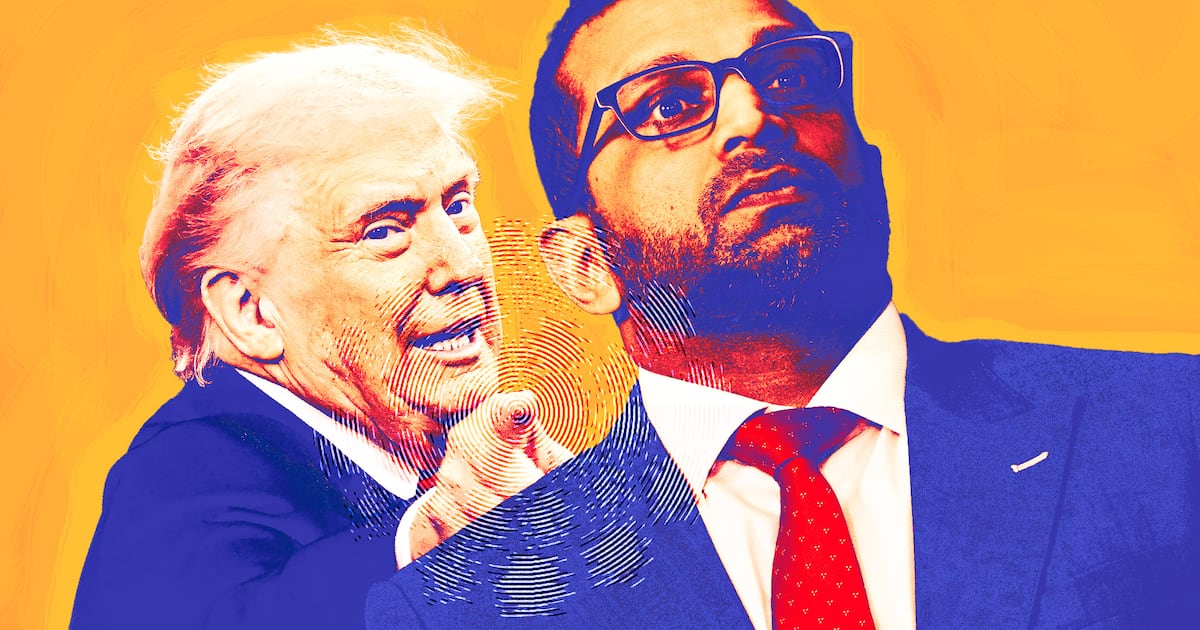
Breathe a sigh of relief.
We now know the answer to a question the media hectored us with for the last 18 months: “Is America ready to elect a black president?” The majority of Americans are ready for a black president; I hope we’re ready for a post-American president.
With his honey-hue skin (Berber? South Asian? Sorta Rican?), Barack Obama, born in Hawaii, raised in Jakarta, educated in New York City, and fluent in Indonesian, language to the most populous Muslim-majority nation in the world, will be our country’s first post-American president.
This campaign amplified the ongoing debates between “patriotism” and “cosmopolitanism,” between what I call “patriot-Americans” and “post-Americans.” According to political lore, patriot-Americans do the backbreaking work that keeps the country humming. They occupy “these wonderful little pockets of what I call the real America,” as Sarah Palin gushed on the campaign trail.
A black man, I’m ambivalent about this election’s historical milestone. The first black president! A ‘black President’ is of no real value to America. Let’s celebrate Obama not as the first African-American president. He is our first post-American president.
Post-Americans, meanwhile, include the ranks of urbane professionals, jetting between New York and London, between This Week with George Stephanopoulos and late-night bites of sashimi. They’re post-national. Post-Americans have become citizens of the world; their political outlook, personal affinities, and cultural tastes are often no more aligned with an American’s than, say, a Spaniard’s or a Singaporean’s.
The patriot- and post-American world views skirmish ever more fiercely, because America is fighting two global wars and recalibrating itself after a triumphant American Century. We stare a potential post-American century in the face.
Throughout, Teflon Obama nicely deflected scurrilous rumors and attacks: John McCain’s Ohio supporters hung a large poster near the Stars and Stripes: “Obama—too dangerous for our America.” Joe, Tax-Dodging Plumber, announced at a McCain rally in Ohio that he’d vote for “a real American, John McCain.” Even on the eve of the election, a Florida GOP county chair insisted Obama is not a US citizen. Often dismissed as “exotic,” Obama successfully moseyed into white Americans’ comfort zone, and black and brown Americans’, too, proving that he indeed loves this country.
To be sure, patriot-Americans are not know-nothing nativists or backwater rubes, nor are post-Americans traitors. “Post-American” does not mean un-American or anti-American. Nor does it mean equivocal to American interests.
“I believe that the single most important job of any president is to protect the American people,” Obama has said. “And I am equally convinced that doing that job effectively in the 21st century will require a new vision of American leadership and a new conception of our national security—a vision that draws from the lessons of the past, but is not bound by outdated thinking.”
The president-elect’s foreign policy plans reject the succor of American Exceptionalism, the insidious remnants of Cold War statecraft, and President Bush’s post-9/11 absolutist ideology.
“The burdens of global citizenship continue to bind us together,” Obama instructed the throngs who greeted him this summer in Berlin. “Partnership among nations is not a choice; it is the one way, the only way, to protect our common security and advance our common humanity.”
This commitment to global citizenship is conceptual and personal. “If you can tell people, ‘We have a president in the White House,’” Obama once mused, “who still has a grandmother living in a hut on the shores of Lake Victoria and has a sister who’s half-Indonesian, married to a Chinese-Canadian,’ then they’re going to think that he may have a better sense of what’s going on in our lives and in our country. And they’d be right.”
No matter how much he might terrify some “patriot-Americans,” Obama is just the leader nimbly to navigate the US in its new role, in a hazy world that is becoming increasingly decentralized (the handiwork of corporations, information, terrorism) and interconnected (the byproduct of markets, media, and problems).
A black man, I’m ambivalent about this election’s historical milestone. The first black president! A “black president” is of no real value to America. Let’s celebrate Obama not as the first African-American president. He is our first post-American president.






